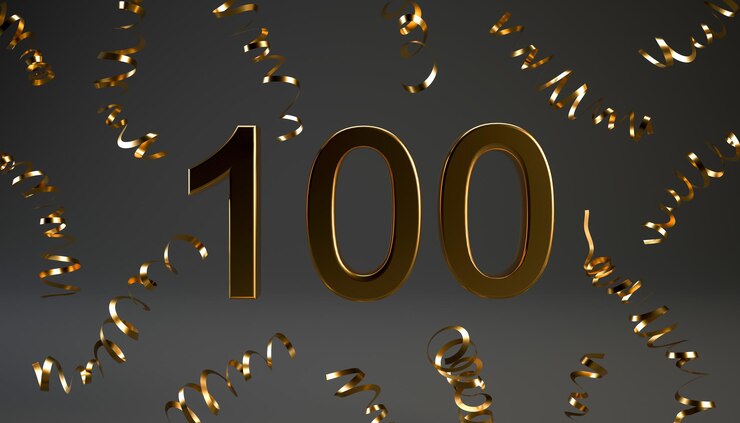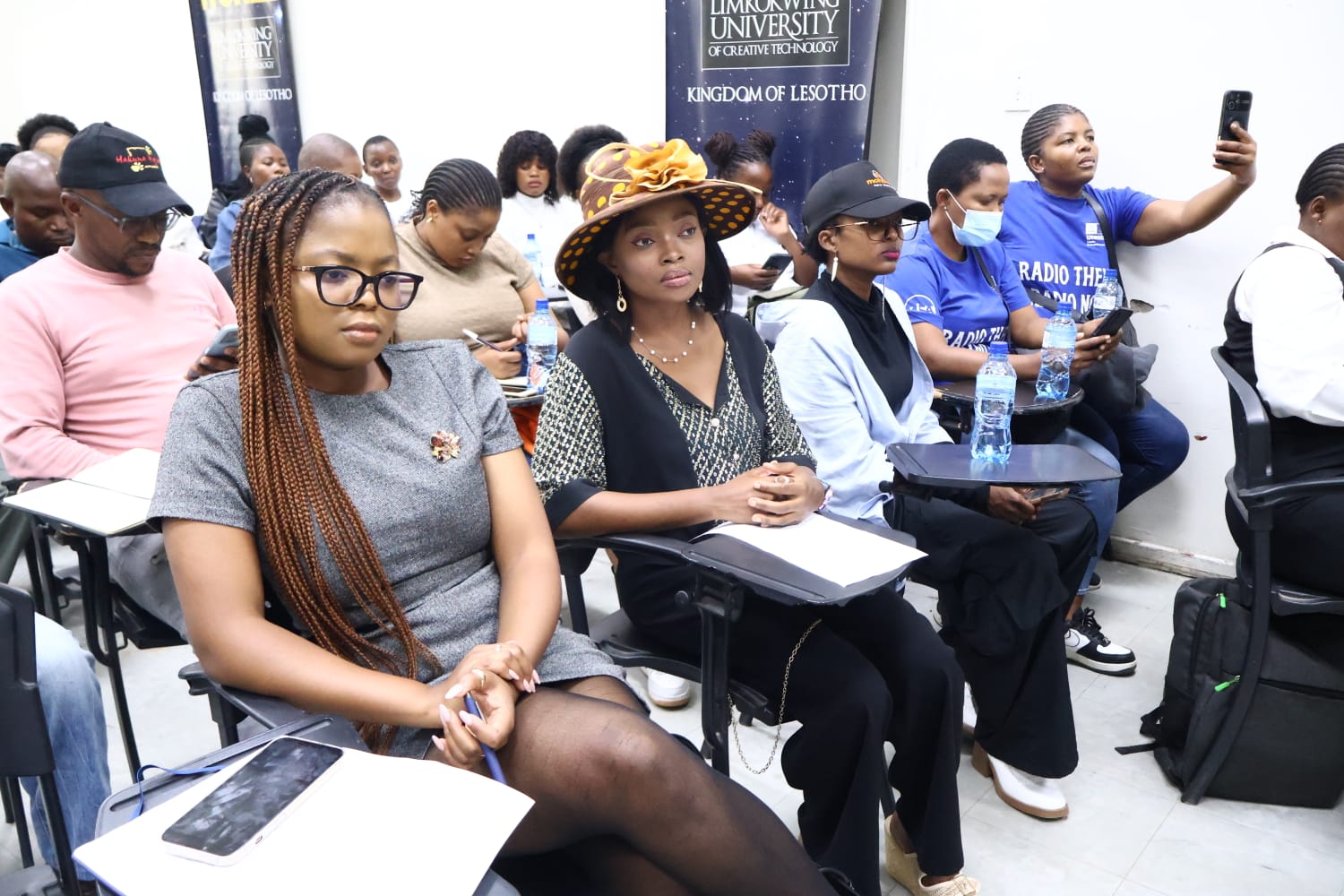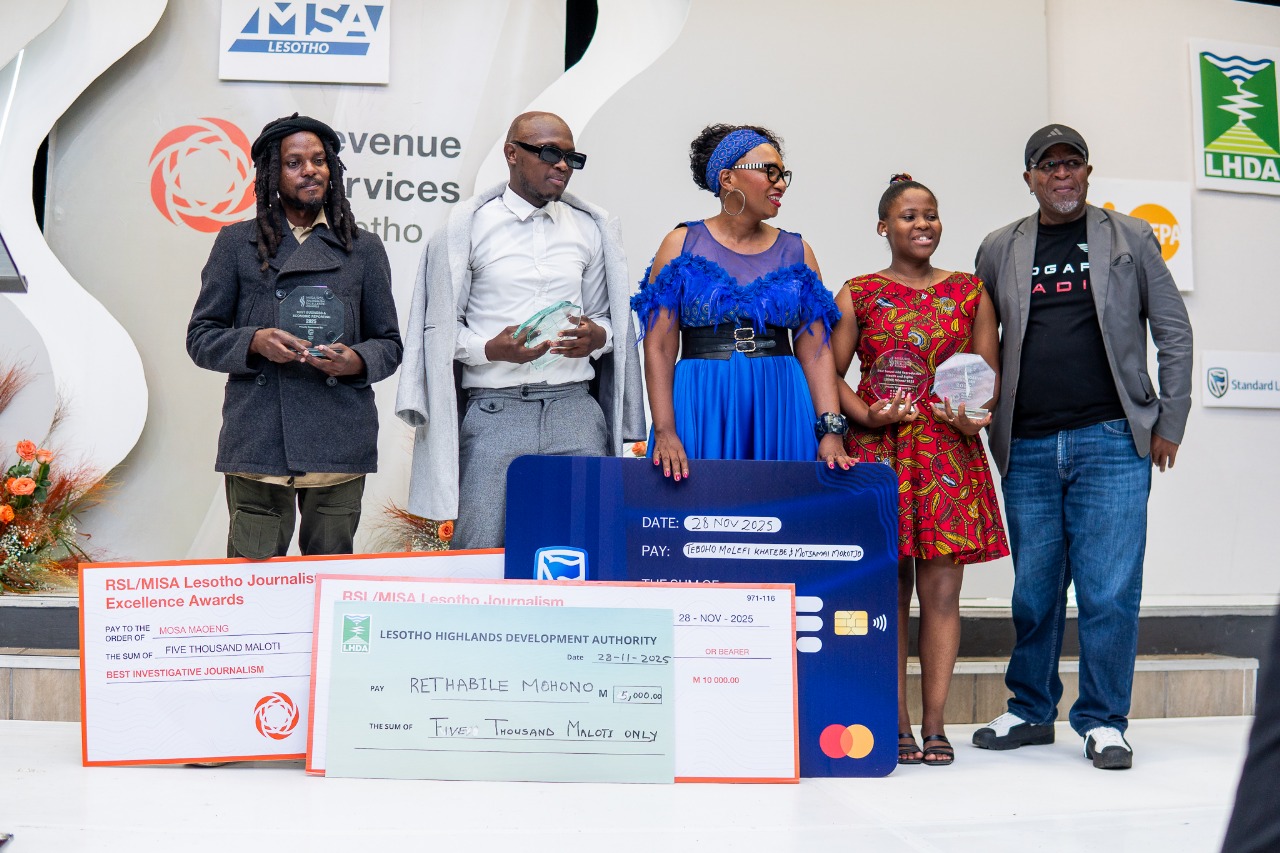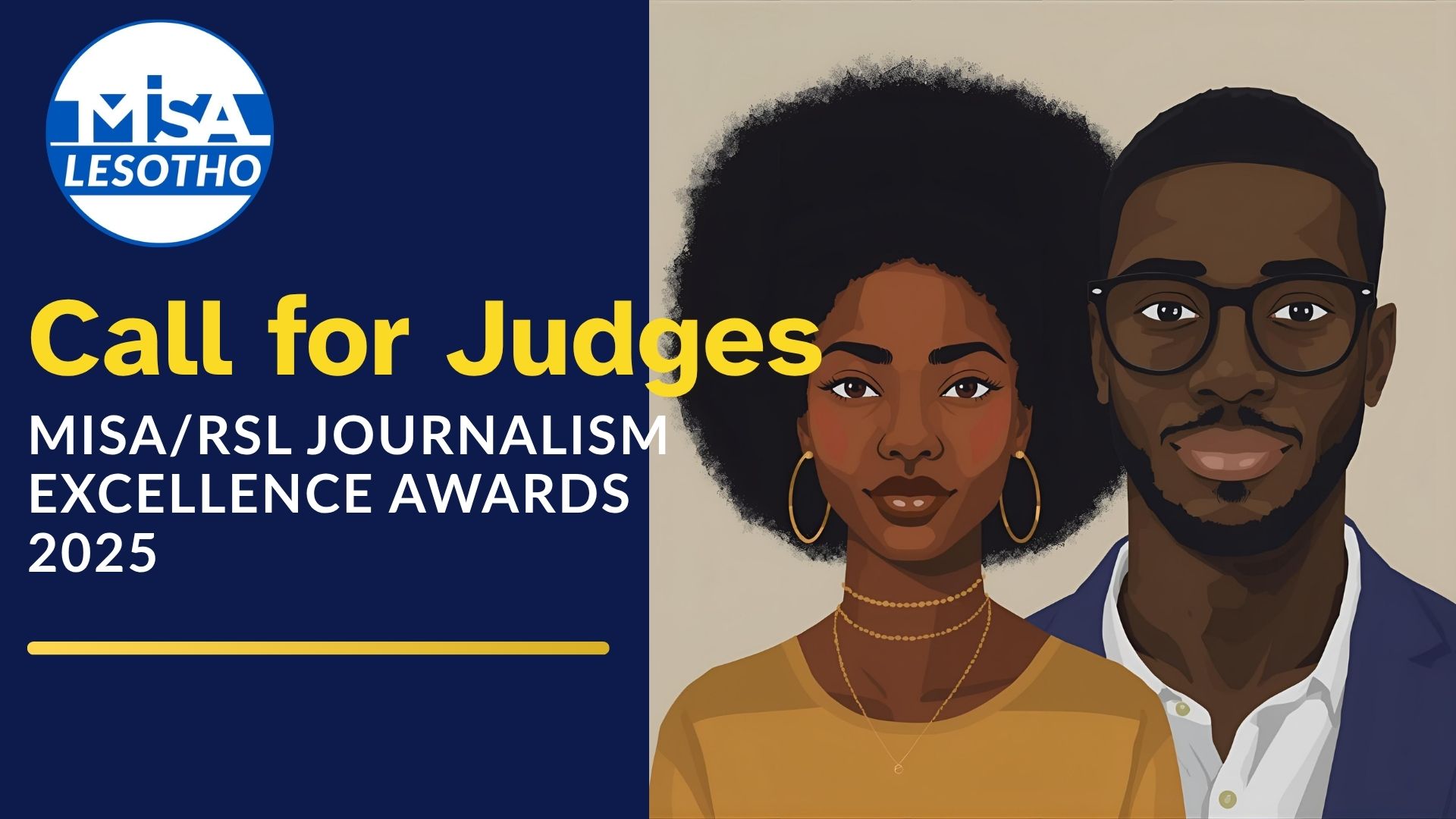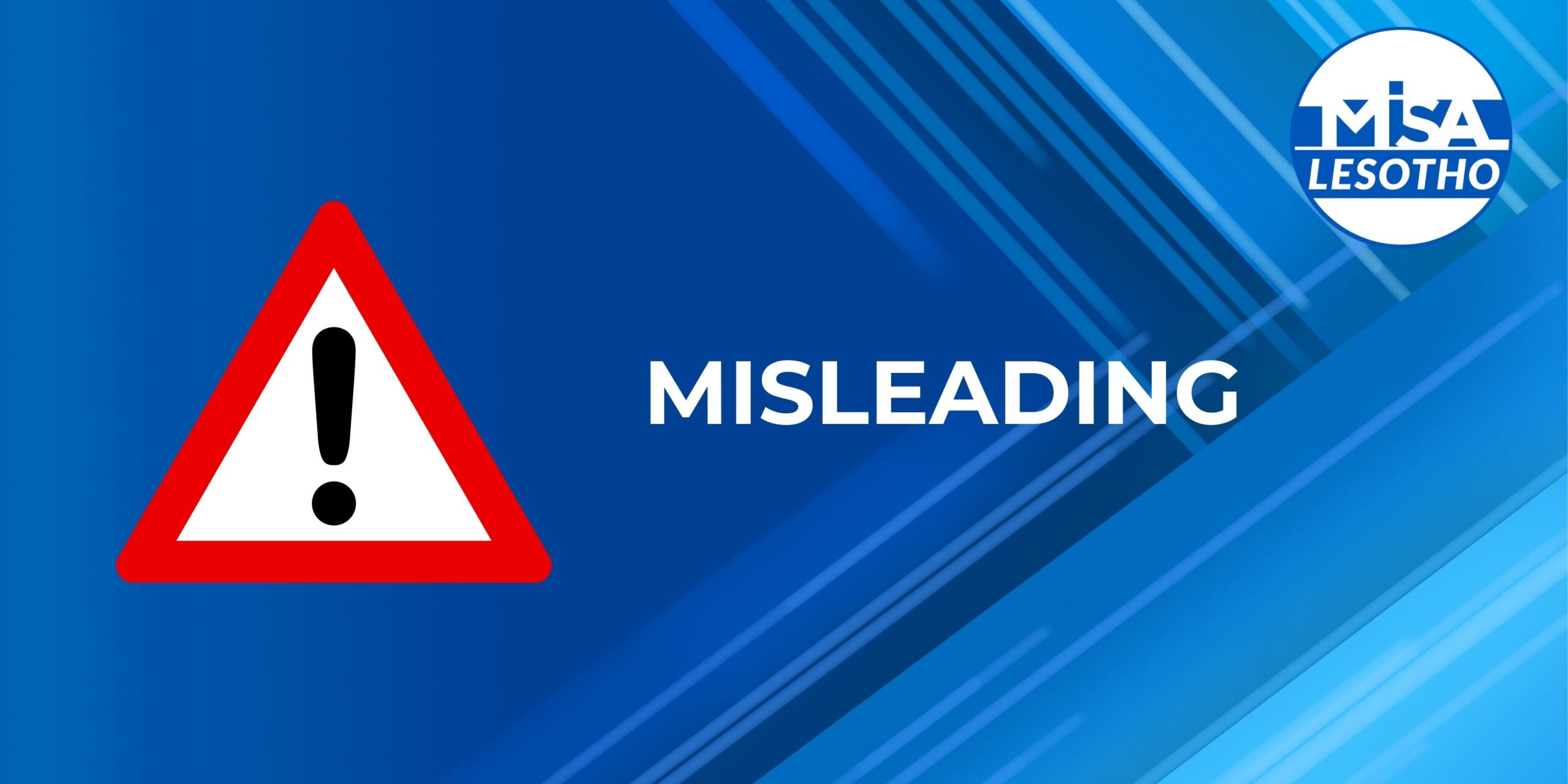To all media outlets
- MISA Lesotho issues this statement in commemoration of the World Radio Day 2024, celebrated worldwide today.
- Globally, radio is being celebrated for the 100 years of its existence – still a trusted
medium of information exchange among members of society. - In Lesotho, we are celebrating 60 years of radio since establishment of a state-owned
Radio Lesotho in 1964. - Lesotho’s radio industry has grown leaps and bounds in the last two decades. The
exponential growth came about when the government took a bold decision in 1997 to
liberalise the airwaves. This opened a window of opportunity for private radio in the
country, for the first time, ending a monopoly of one radio station, which had dominated
the airwaves for three decades. Today, there are 27 radio stations licensed by the
communications regulator – Lesotho Communications Authority (LCA). - Among these are six community radio stations. When radio operates at the local level, it
enriches the cultural heritage of that particular society and promotes inclusivity, which is
a stepping stone towards social cohesion. Social cohesion is a springboard for good
governance and a pillar of democracy. - Community radio has been able to reduce the urban-rural divide regarding access to
information. People at the community level identify with radio, as it brings fresh
information to their doorsteps. - Of all the media, radio has stood the test of time around the world as a reliable, accessible, affordable as well as spontaneous medium of information exchange.
- This year’s theme of the international radio day is: Radio: A century informing, entertaining and educating.
- Radio outperforms other media in informing society with current affairs. This fact is
buttressed by the huge numbers that radio garners in listener-ship, reaching even the
remotest areas, which other media are not able to reach. - With the advent of digital transformation, radio is now accessed on the internet. People
listen to radio using their mobile phones. The value of radio as a portable medium of
information exchange and entertainment has been given credence by the development. - Radio also carries out the civic education function more effectively because it imparts
knowledge to society and builds the citizens’ political, social, economic and cultural
education. - During elections, radio becomes an important instrument for carrying out electoral and
voter education. - Community radio grew in importance within society because it has proven to be a vehicle
for ridding society of ignorance. It cascades national development issues to the local
level. That way, community radio brings rural citizens to the fold of the development
agenda. - Radio is able to decentralise national policy by bringing it closer to the people through
community talk-shows that interpret the policy for community benefit. - For the last 100 years, radio has remained a theatre of the mind. Entertainment
programmes that the radio presents to listeners have played a major role in creating
relaxed societies. Due to its portable character, radio has become every household’s
friend. - However, there are challenges. Access to advertising, especially from the mainstream
private sector, has been problematic for radio due to the small size of Lesotho’s private
sector. - It is common knowledge that advertising is the lifeblood of radio for its financial viability.
- Other challenges include radio’s weak capacity to perform its fiduciary responsibilities to
the level expected. The absence of clear training plans within radio stations, is a threat to
the sustainability of radio in Lesotho. - The shortage of proper broadcasting skills for radio broadcasters, particularly the
anchors of some major current affairs programmes, is a matter of great concern by the
public. - MISA Lesotho applauds the regulator, LCA, for working hard to bridge the skills gap
prevalent in most private radio stations. To arrest the acute skills shortage, LCA has
recently partnered with the Limkokwing University of Creative Technology to re-skill a
selection of radio broadcasters. - As we join the world in commemoration of radio today, we should be awake to the need
to innovatively develop sustainability mechanisms. The radio sustainability challenge is
even more serious today, due to competition for broadcasting space, which radio shares
with social media and other digital players.
Issued by:
Lekhetho Makhanya Ntsukunyane, ND




